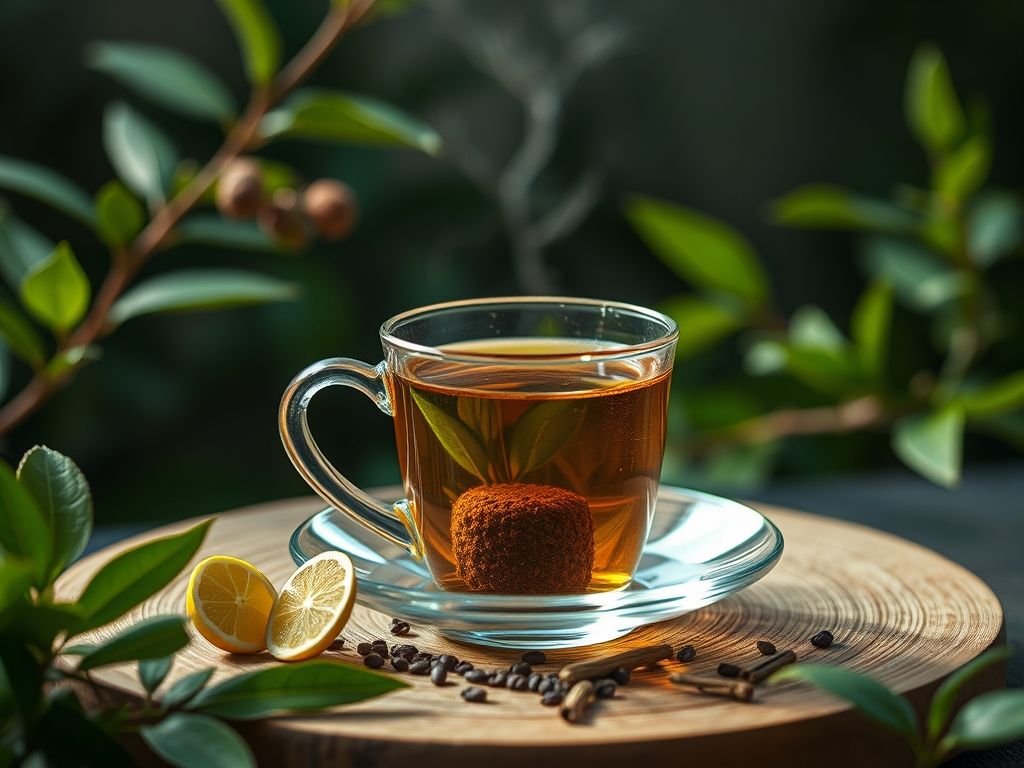Tea for Mood: A Comprehensive Glossary
In recent years, the connection between tea and mood enhancement has garnered significant attention. Tea is not just a comforting beverage; it can also play a vital role in improving mental health and emotional well-being. This article delves into the concept of tea for mood, exploring its definitions, benefits, varieties, and practical applications.
Understanding Tea for Mood
Tea for mood refers to the use of various types of tea to influence emotional states positively. While the effects can vary depending on the type of tea and its ingredients, many teas are known for their calming, uplifting, or energizing properties. The practice of consuming tea for mood enhancement is deeply rooted in cultures worldwide, often blended with mindfulness and relaxation rituals.
Types of Tea That Enhance Mood
There are several types of tea that can be particularly beneficial for improving mood. Here are some of the most popular:
- Green Tea: Rich in L-theanine, an amino acid that promotes relaxation without drowsiness, making it an excellent choice for reducing anxiety.
- Chamomile Tea: Known for its calming effects, chamomile tea is often used to alleviate stress and promote sleep.
- Lavender Tea: The soothing aroma of lavender can help reduce anxiety and improve mood, making it a popular choice for relaxation.
- Peppermint Tea: This invigorating tea can enhance mental clarity and alleviate feelings of fatigue or lethargy.
- Rooibos Tea: Naturally caffeine-free, rooibos is rich in antioxidants and has been linked to reduced stress levels.
How Tea Affects Mood and Mental Health
The effects of tea on mood are primarily attributed to its chemical composition. Let's explore how some components in tea can influence our emotional states:
- L-theanine: This amino acid found in green tea can increase the production of calming neurotransmitters, potentially reducing anxiety and improving focus.
- Caffeine: While caffeine can increase alertness and energy levels, it can also lead to jitters in some individuals. Balancing caffeine intake with herbal teas can help manage mood effectively.
- Polyphenols: These antioxidants found in many types of tea can combat oxidative stress and inflammation, which are linked to mood disorders.
Practical Applications: How to Use Tea for Mood Enhancement
Incorporating tea into your daily routine can be a simple yet effective way to enhance your mood. Here are some practical ways to do this:
- Morning Ritual: Start your day with a cup of green tea for a gentle energy boost and clarity.
- Afternoon Break: Sip chamomile or lavender tea during your afternoon break to reduce stress and reset your mind.
- Evening Wind Down: Enjoy a cup of rooibos or chamomile tea before bed to promote relaxation and prepare for a good night’s sleep.
- Mindfulness Practice: Incorporate tea meditation into your routine, focusing on the aroma and flavors to enhance mindfulness and reduce anxiety.
Tea for mood is interconnected with various concepts in natural health and herbal medicine. Here are some related topics worth exploring:
- Aromatherapy: The use of essential oils in conjunction with tea can enhance its mood-lifting properties.
- Mindfulness and Meditation: Practices such as meditation can amplify the calming effects of tea.
- Herbal Remedies: Combining tea with other herbs like passionflower or valerian root can further support emotional well-being.
Conclusion: Embrace Tea for a Better Mood
In conclusion, tea for mood is more than just a comforting beverage; it is a powerful tool for enhancing emotional well-being. By understanding the different types of tea and their effects, you can make informed choices to support your mental health. Whether it’s a calming chamomile before bed or an energizing green tea in the morning, incorporating tea into your daily routine can have profound effects on your mood and overall quality of life.
Reflect on your current tea habits. Are there varieties you haven’t tried yet? Consider experimenting with different teas to discover which ones resonate most with your emotional needs. Your journey to better mood and well-being may just be a cup of tea away!

